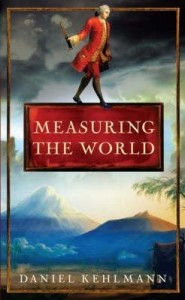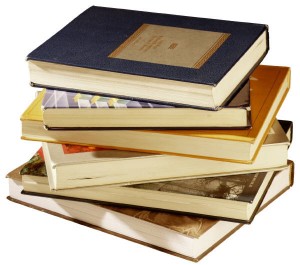 Title: Numero Zero (Goodreads)
Title: Numero Zero (Goodreads)
Author: Umberto Eco
Translator: Richard Dixon
Published: Harvill Secker, 2015
Pages: 208
Genres: Literary Fiction
My Copy: Library Book
Buy: Amazon, Book Depository, Kindle (or visit your local Indie bookstore)
Colonna is a down and out hack-journalist that has just stumbled on an opportunity of a lifetime. Assistant editor for an emerging newspaper, as well as ghost writing a memoir for Simei, the editor and creator of the paper Domani. As he interacts with the team of journalists he learns about a conspiracy theory about Mussolini’s corpse. Umberto Eco returns for another fast paced thriller involving an elaborate conspiracy theory in this short novel, Numero Zero.
Every time I read an Umberto Eco novel, I have been really impressed. He is often referred to as the intellectual Dan Brown, meaning they both share a similar style but Eco packs in a lot more information. The first Eco novel I read (and still my favourite) was Foucault’s Pendulum and it explored ideas of religious and secret organisations and making a conspiracy theory out of it. Conspiracy theories play a big role in his other novels which I have read (The Name of the Rose and The Prague Cemetery). However I feel that Numero Zero seems to be more similar to Foucault’s Pendulum.
While Umberto has the ability to create a fast paced thriller that is both witty and wry, I am always impressed with the amount of information he can pack into his novels. While Numero Zero is a very short novel, sitting under two hundred pages, there are times that it feels like an information dump. Most information or theories are told in dialogue and my biggest problem with this book was the amount of information being provided seem to detract from the historical thriller style.
The narrator of Numero Zero is fifty something year-old Colonna who provides a unique view through the events of the novel. A college drop-out, Colonna is a bitter and cynical protagonist who flitted from job to job. From tutoring, proofreading, being a copy editor and slush-pile reader, he has had his fair share of experience in journalism. The newspaper Domani (Yesterday) intends to deliver the news earlier than all the other papers, creating some backdated issues to experiment with format and methods of reaching the papers ultimate goal. Although Simei is planning to use these back issues as blackmail material to push himself into a high social position.
This allows Umberto Eco to do something different in Numero Zero. I do not remember any of Eco’s previous novels being as satirical as this book. Eco is satirising the media throughout the entire novel. Exploring the ways journalists manipulate the news being distributed to the general public. I did not expect the novel to be satirical but I really enjoyed the way Umberto Eco managed to blend his style and still explore a current social issue.
If you have never read an Umberto Eco novel, I do think Numero Zero makes for a good starting point. Most of Eco’s novels are a lot bigger and this novel allows you to dip into his style without a huge time investment. While this book did have a problem with information dumping, it still makes for a decent starter novel. Not his best book, but if you enjoy Numero Zero then all Umberto Eco’s other novels are for you.

 Title: Measuring the World (
Title: Measuring the World ( Title: The Year of Reading Dangerously (
Title: The Year of Reading Dangerously ( I wanted to talk about hardcovers and paperbacks because I’m interested to know people’s thoughts on the topic and because Australians do things a lot differently to the rest of the world. Most books (outside Australia) have a hardback release and normally about a year later the paperback comes out. Obviously paperback release often changes and it does depend on popularity and many other factors. Why release a novel in paperback if we can charge more for the hardback edition?
I wanted to talk about hardcovers and paperbacks because I’m interested to know people’s thoughts on the topic and because Australians do things a lot differently to the rest of the world. Most books (outside Australia) have a hardback release and normally about a year later the paperback comes out. Obviously paperback release often changes and it does depend on popularity and many other factors. Why release a novel in paperback if we can charge more for the hardback edition?